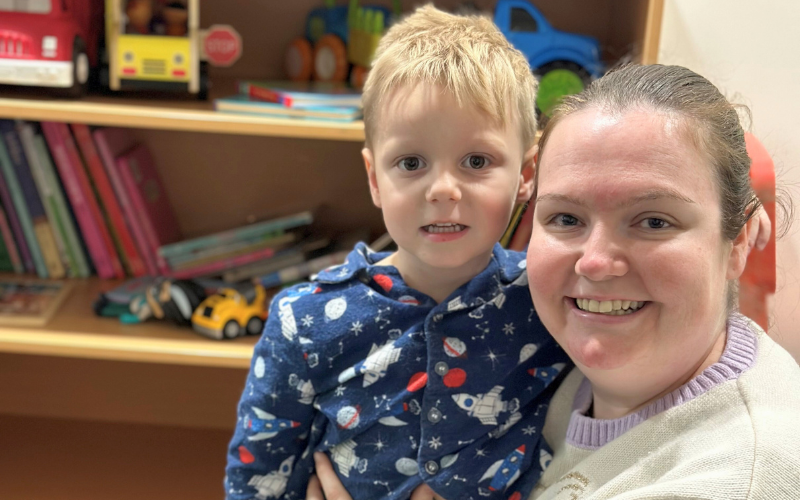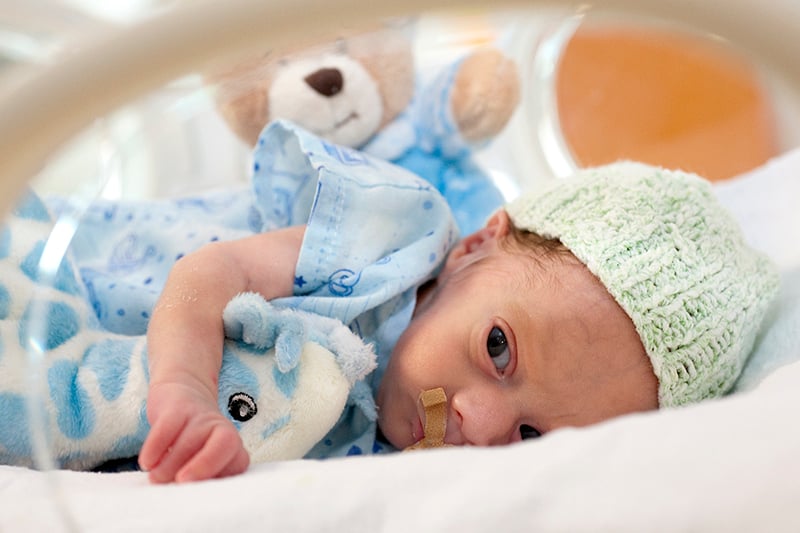Search
Showing results for "aboriginal respiratory"
Aboriginal people use health services in a different manner when compared to non-Aboriginal people

A project, lead by Aboriginal and Aboriginal LGBTQA+ researchers examining the mental health of young Aboriginal and Torres Strait Islander LGBTQA+ people, is launching a nation-wide survey, to help drive meaningful change for the community.
18 months of age infants receiving 10-valent pneumococcal Haemophilus influenzae protein D conjugate vaccine will have higher antibody levels

In September 2024, the Western Australian Epithelial Research Program (WAERP) reached a significant milestone by recruiting its 400th participant.

Early respiratory viral infections in infants with cystic fibrosis. Abstract Background: Viral infections contribute to morbidity in cystic fibrosis
We have previously demonstrated that mice exposed to geogenic dust PM10 experienced an exacerbation of inflammatory responses to influenza A virus.
Genotype-phenotype associations relating to bronchitis and allergy susceptibility are dependent on the environment
Bile acid signalling is a leading trigger for the development of chronic phenotypes underlying the pathophysiology of chronic respiratory disease
This research project is a collaboration between The Kids Research Institute Australia, Muscular Dystrophy Western Australia, Perth Children’s Hospital and Curtin University.

